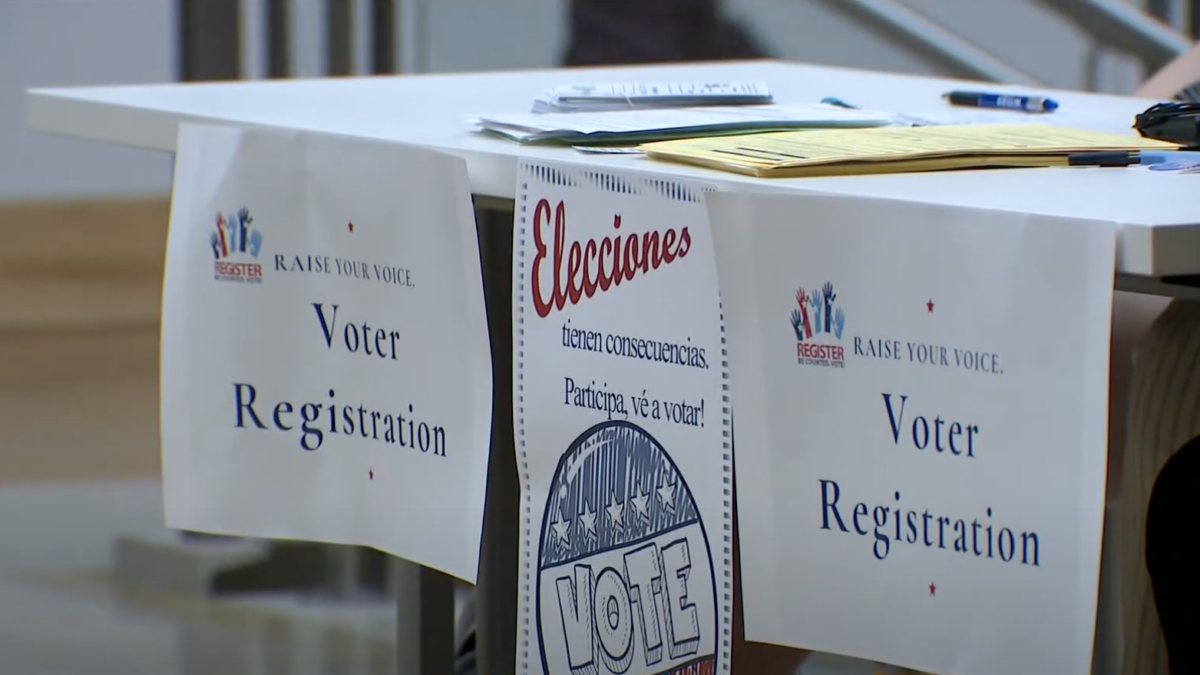
Donald Trump implemented one of his campaign promises Monday by officially moving the United States embassy from Tel Aviv to Jerusalem, Israel’s capital. Paraguay and Guatemala are confirmed to follow, with rumors of even more countries to come.
Mostly lost in this week’s drama, however, is a solid discussion of the law and history shaping this historic moment.
Why Jerusalem?
Jerusalem has been the center of Jewish life and history for close to 3,000 years, long before Islam and Christianity even began. It is not only the capital of the modern State of Israel, but was also the center of the ancient land of Israel as well. It is home to all branches of Israeli government, and has always been a united city with a Jewish presence, except for a 19-year period when Jordan conquered its eastern part and expelled or killed all its Jewish residents.
No country in the world recognizes or “non-recognizes” any other country’s capital, but leaves it to each individual nation to decide. And certainly, no country unilaterally designates a different capital, as many countries do with Tel Aviv. It would be like if you said to me, “I don’t recognize your name as being ‘Daniel,’ for now on I’m calling you Bob.” It’s simply not done. And doing so technically violates international law.
So, Why the Double Standard?
It’s not because of war, disputes or occupation as some people claim. In fact, 124 countries are involved in territorial disputes, including numerous occupations: some considered legitimate, some not. Yet 123 of those countries choose their own capitals without any question from the rest of the world. Only Israel is treated differently.
Conjecture on the reason for this double standard includes everything from international anti-Semitism to the oft repeated Arab desire to “wipe Israel off the map,” combined with global reliance on Mideast oil production.
Yet officially, much of the international community justifies its non-recognition of Jerusalem by referring to UN Resolutions 181 and 242. These UN Resolutions were compromise proposals designed to bring peace and safety to Israel and its neighbors. Israel accepted both. The Arab world rejected both (in word or in deed), and made their implementation impossible by responding with overwhelming violence. Yet many countries continue to live out the senseless delusion that these resolutions still somehow exist.
Now it seems the tide may be turning, with small but growing numbers of nations appearing ready to drop their double standards and treat Israel similarly to all other nations by finally recognizing Israel’s right under international law to choose its own capital.
How Does U.S. Law Play a Part?
Twenty two years ago, Congress passed the “Jerusalem Embassy Act of 1995” which essentially declared three things:
- That Jerusalem should remain an undivided city with respect for all ethnic and religious groups.
- That Jerusalem should be recognized as the capital of Israel.
- That the US Embassy should be moved to Jerusalem.
The act also allowed a U.S. president to delay implementing the law by signing a waiver every six months, an action that every president has taken for 22 years, until last December when Trump declared his intent to finally implement the will of Congress and the American people.
By passing this law, Congress technically recognized Jerusalem as Israel’s undivided capital. However, the law allowed the president to indefinitely delay its implementation. Then, in a 2015 lawsuit regarding whether U.S. nationals could have their place of birth listed as “Jerusalem, Israel,” on their passports (Zivotofsky vs. Kerry, 2015), the Supreme Court ruled that Congress does not actually have power over foreign policies related to recognizing national sovereignty.
So while Congress’s 1995 Act is a meaningful statement of support, Trump’s embassy move finally converts that sentiment into actual U.S. policy. Trump did not use the “undivided” language adopted by Congress, but simply used the word “Jerusalem” without the words “east” or “west,” leaving the option open for possible future negotiations and compromises.
This week America makes it clear that it will not give veto power over U.S. foreign policy to anyone in the world who threatens harm to the United States and its allies.
Since Trump announced the embassy move last December, Palestinians have declared “Days of Rage,” staged violent riots on the Gaza border, and issued a variety of violent threats against Israel, the United States and Trump himself.
Perhaps that’s part of the reason why so many alternate voices are beginning to appear in the Arab world. For example, government-linked Kuwaiti journalist Abdullah Al-Hadlaq responded to the embassy decision by saying, “There is no occupation [in Israel]. There is a people returning to its promised land.” Or Saudi Crown Prince Mohammed bin Salman, who said that Palestinians should accept President Trump’s anticipated peace proposal or “shut up and stop complaining.”
Where Do We Go from Here?
The basic elements of dispute over borders, the future of Palestinian statehood, and the safety of Israelis from terrorism, all remain. Yet as the current media hysteria begins to quiet down, we will be left with a new reality: that Trump’s recognition of the Israeli capital is now the official policy of the United States. And regardless of one’s opinion on this policy, it has a firm basis in logic, law and history.









